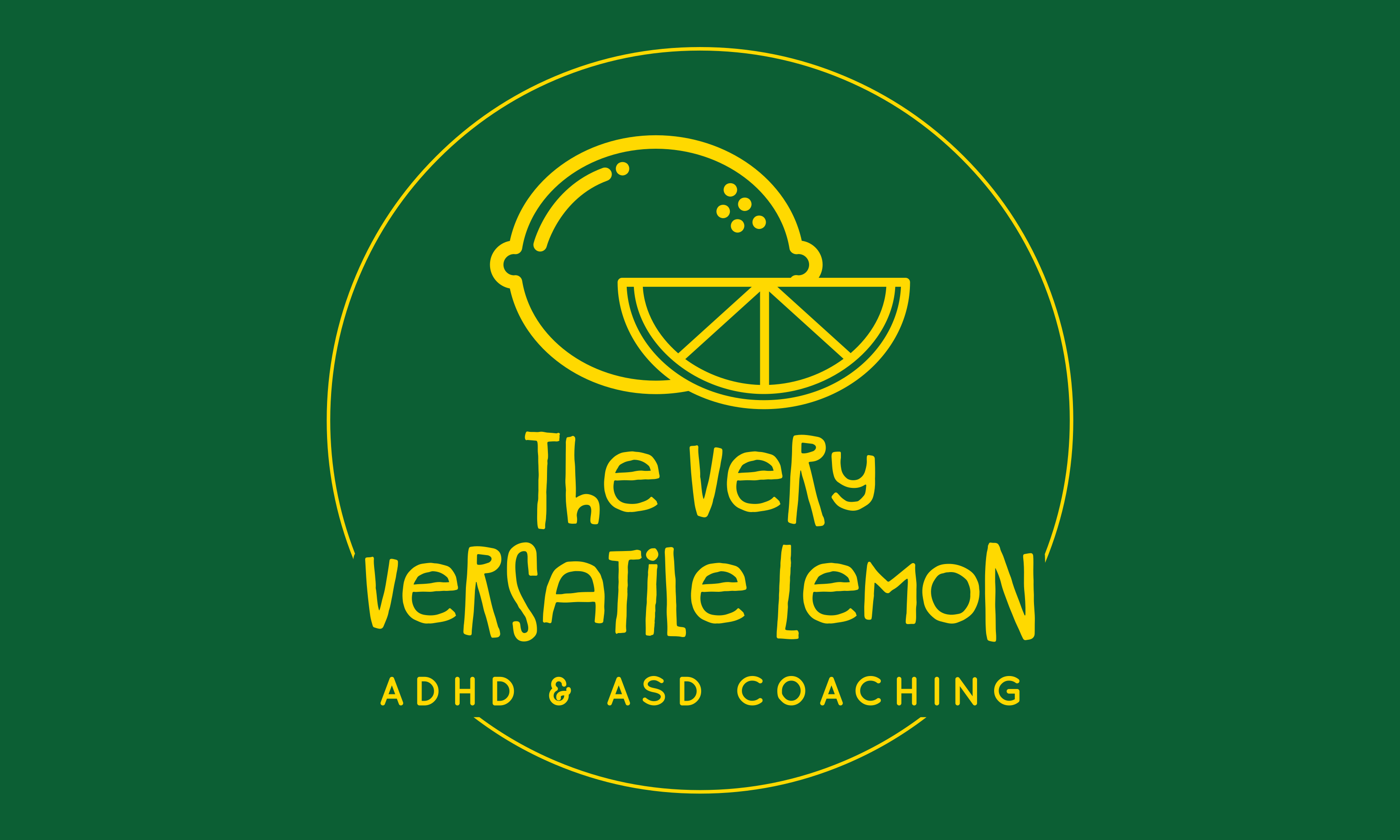Attention Deficit Hyperactivity Disorder (ADHD) and Autism Spectrum Disorder (ASD) are neurodevelopmental conditions that can significantly impact a person’s life. While they are distinct diagnoses, it’s not uncommon for them to co-occur. In fact, research suggests that between 30-80% of adults with ADHD also exhibit symptoms of ASD, and vice versa. This co-occurrence can create unique challenges and require a tailored approach, such as ADHD and ASD coaching, to support individuals effectively.
Understanding Co-Occurring ADHD and Autism
Shared Traits and Differences
Both ADHD and ASD affect how a person processes information, interacts with the environment, and manages emotions. Common shared traits include:
- Executive Functioning Difficulties: Challenges with planning, organisation, time management, and self-regulation.
- Social Difficulties: Difficulty navigating social situations, understanding social cues, and building relationships.
- Sensory Processing Issues: Over- or under-sensitivity to sensory stimuli like sounds, textures, or lights.
However, there are also key differences:
- Focus and Attention: ADHD is characterised by hyperactivity, impulsivity, and difficulty sustaining attention. While some individuals with ASD may experience inattentiveness, it’s often due to intense focus on specific interests or sensory overload.
- Social Interaction: People with ASD often have a strong desire for social connection, but struggle with understanding social cues and unwritten rules. In contrast, those with ADHD may prioritise social interaction but have difficulty staying engaged or understanding social complexities.
- Repetitive Behaviors: Repetitive behaviors (stereotypies) are more common in ASD, often driven by a need for comfort or predictability. While individuals with ADHD might exhibit repetitive behaviors, they are usually tied to hyperactivity or impulsivity.
The Complexity of Co-Occurrence in ADHD and Autism
Having both ADHD and ASD can create a complex and layered experience. The challenges of each condition can amplify the other, making it difficult to manage symptoms and navigate daily life. For example, someone with co-occurring ADHD and ASD might struggle with hyperactivity and impulsivity in social situations, leading to social anxiety and further withdrawal.

Diagnosis and Challenges
Diagnosing co-occurring ADHD and ASD can be challenging, as symptoms can overlap. A thorough evaluation by a qualified professional is essential to ensure an accurate diagnosis and develop an appropriate support plan. Additionally, individuals with co-occurring conditions may face unique challenges in accessing diagnosis and support. Traditional approaches might not fully capture the complexities of their experience.
ADHD and Autism Coaching as a Support Strategy
Here’s where ADHD and ASD coaching can be a powerful tool for adults navigating co-occurring diagnoses. Coaching offers a personalised approach that focuses on developing skills and strategies to manage symptoms and improve overall well-being. Here’s how coaching can be beneficial:
- Self-Awareness: A coach can help individuals identify their specific strengths, challenges, and how their co-occurring conditions manifest. This self-awareness empowers them to make informed choices and manage their conditions effectively.
- Executive Functioning Skills: Coaching can help individuals develop strategies for planning, organization, time management, and self-regulation. This is crucial for managing tasks, meeting deadlines, and maintaining a sense of order in their lives.
- Emotional Regulation: Individuals with co-occurring conditions may struggle with emotional dysregulation. Coaching can help them develop tools for managing strong emotions, reducing stress, and improving emotional well-being.
- Social Skills Development: Understanding social cues, navigating conversations, and building relationships can be challenging for those with co-occurring ADHD and ASD. Coaching can provide strategies for developing social skills, improving communication, and fostering meaningful connections.
- Sensory Processing Management: Sensory overload can be a significant issue for some individuals. A coach can help identify triggers and develop strategies for managing sensory sensitivities, creating a more comfortable and manageable environment.
- Goal Setting and Motivation: Establishing realistic goals and maintaining motivation can be difficult. Coaching can help individuals set achievable goals, break them down into manageable steps, and develop strategies for staying motivated throughout the process.
- Advocacy Skills: Understanding their conditions and advocating for their needs can be empowering. Coaching can help individuals learn to communicate their needs effectively to healthcare providers, employers, and educators.
The Coaching Process for Co-Occurring ADHD and Autism
The coaching process is collaborative and tailored to the individual’s specific needs and goals. It typically involves:
- Initial Assessment: Discussing the individual’s challenges and goals.
- Developing a Coaching Plan: Creating a plan that outlines specific areas to focus on and strategies to implement.
- Coaching Sessions: Regular sessions where the coach provides guidance, support, and accountability.
- Action Steps: Implementing strategies and practising new skills between sessions.
- Ongoing Evaluation and Adjustment: Regularly reviewing progress and adjusting the plan as needed.

Benefits of Coaching for Co-Occurring ADHD and Autism
The benefits of coaching for adults with co-occurring ADHD and ASD are numerous. Here’s what you can expect:
- Improved Quality of Life: By managing symptoms and developing strategies, individuals can experience a significant improvement in their overall quality of life. This can include increased productivity, improved relationships, and a greater sense of well-being.
- Increased Self-Confidence: Learning how to manage co-occurring conditions can empower individuals and boost their self-confidence. Coaching helps them build on their strengths and celebrate their unique neurodiversity.
- Reduced Stress and Anxiety: Developing strategies for managing symptoms and emotions can significantly reduce stress and anxiety, leading to a calmer and more fulfilling life.
- Improved Relationships: Coaching can equip individuals with the skills they need to navigate social situations more effectively, leading to stronger relationships with family, friends, and colleagues.
- Greater Independence: Learning self-management skills allows individuals to gain greater independence and control over their lives, fostering a sense of self-efficacy.
Finding the Right ADHD and Autism Coach
When seeking an ADHD and ASD coach with expertise in co-occurring conditions, consider the following:
- Qualifications: Look for a coach certified by a reputable organisation, such as ADDCA (Attention Deficit Disorder Coaching Academy) or the International Coach Federation (ICF).
- Experience: Find a coach with experience working with adults who have both ADHD and ASD.
- Approach: Choose a coach whose approach aligns with your values and preferences. Some coaches focus on specific areas like executive function or social skills, while others offer a more holistic approach.
- Communication Style: Find a coach who you feel comfortable communicating with openly and honestly.


Conclusion
Co-occurring ADHD and ASD can be a complex challenge, but it doesn’t have to define your life. Coaching can be a powerful tool that can empower you to thrive. By developing a deeper understanding of yourself, learning new strategies, and receiving ongoing support, you can manage your symptoms, achieve your goals, and live a fulfilling life.
Additional Resources
- Attention Deficit Disorder Association: https://add.org/
- National Autistic Society: https://www.autism.org.uk/
- The Coaching Academy: https://www.the-coaching-academy.com/what-is-coaching/
- International Coach Federation: https://coachingfederation.org/
Remember: You are not alone. There are resources available to help you navigate co-occurring ADHD and ASD. Coaching can be a transformative journey towards self-discovery, empowerment, and a brighter future. Take the first step today and seek a qualified coach who can support you on your path.

Be the first to comment